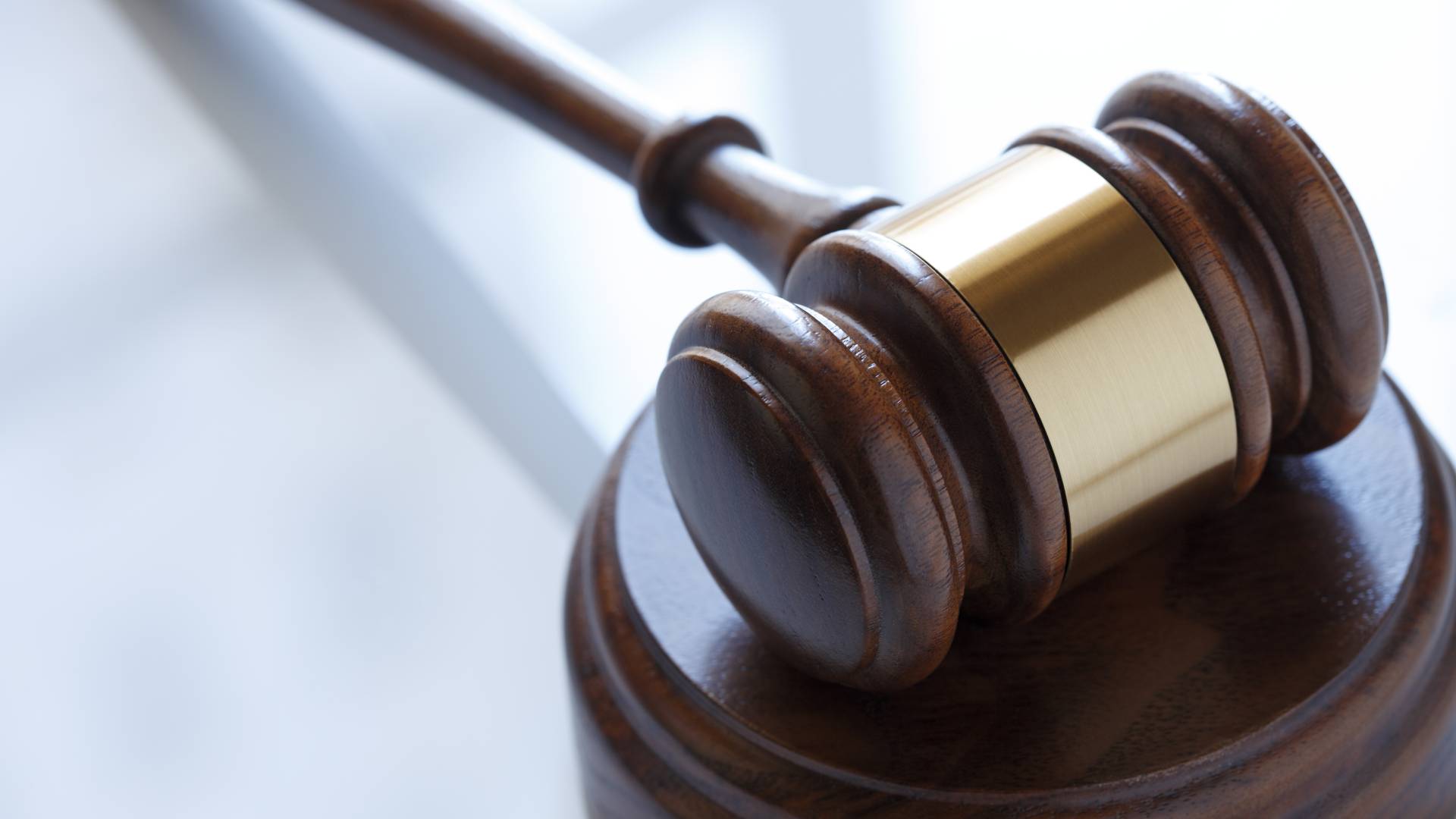
Miami Domestic Violence Injunction Attorney
Domestic violence has been an increasing problem in the State of Florida over the past few years. Domestic violence can result from many problems including infidelity, financial stress, or anger problems.
If an individual has been the victim of domestic violence, or has “reasonable cause to believe he or she is in imminent danger of becoming the victim of domestic violence”, a Petition for Injunction for Protection Against Domestic Violence can be filed in Circuit Court.
What Is an Injunction?
An injunction is an order from the court that specifically directs an individual to stay away from another person or their property. It is also commonly referred to as restraining order or protective order. There are five types of injunctions that a victim of domestic violence can file in Florida. They are:
- Domestic Violence Injunctions
- Stalking Injunctions
- Repeat Violence Injunctions
- Sexual Violence Injunctions
- Dating Violence Injunctions
Each injunction requires different proof for a court to grant a permanent injunction. The burden of proof is always on the person that filed the injunction, the “Petitioner”. The person that gets served with the injunction is called the “Respondent”.
After the Petitioner files the injunction, the Judge only reviews the facts alleged in the Petition. No testimony is taken from the Petitioner. The Judge then determines if there is a sufficient basis to grant a temporary injunction. If the Judge grants a temporary injunction, the case will be set some time within 15 days for a permanent injunction hearing.
What Is Domestic Violence?
Under Fla. Stat. 741.28, “domestic violence” means any:
- Assault
- Aggravated Assault
- Battery
- Aggravated Battery
- Sexual Assault or Battery
- Stalking
- Aggravated Stalking
- Kidnapping
- False Imprisonment
- Any criminal offense resulting in physical injury or death of one family or household member by another family or household member
It should be noted that a Petitioner can prove domestic violence regardless of whether criminal charges were filed, reduced, or dismissed by the State Attorney’s Office.
Who Can File a Domestic Violence Injunction?
Any person who is the victim of domestic violence, or “has reasonable cause to believe he or she is in imminent danger of becoming the victim of domestic violence”, has standing to file a petition in court against their family or household member.
However, a Petitioner can only file for a domestic violence injunction against their “family or household member” which means their spouse, former spouse, persons related by blood or marriage, persons who are presently residing together as family or who have resided together in the past as family, and persons who are parents of a child in common regardless of whether they have been married.
In addition, with the exception of persons who have a child in common, the family or household members must be currently residing or have in the past resided together in the same single dwelling unit.
What Happens at a Domestic Violence Injunction Hearing?
At a domestic violence injunction hearing, the Petitioner must prove that the Respondent committed an act of domestic violence or he or she has reasonable cause to believe he or she is in imminent danger of becoming the victim of domestic violence. To prove his or her case, the Petitioner can testify, call witnesses, or introduce evidence to the court. The Respondent, or his or her attorney, then will be given the opportunity to cross-examine the Petitioner’s witnesses or make objections to the evidence.
After the Petitioner’s case has concluded, the Respondent can testify, call other witnesses to testify, or offer evidence to the court. However, it is important to note that the Respondent is under no obligation to prove anything since the burden of proof lays with the Petitioner. In fact, in many cases, it is advisable for the Respondent to invoke his or her 5th Amendment right to remain silent if there could be the potential for self-incrimination. This decision should always be made after consultation with a seasoned criminal defense attorney.
After conclusion of the Respondent’s case, the Judge will make a determination whether the Petitioner has proven his or her case.
As professional Miami criminal defense attorneys, we take every case personally give every client the deliberate care it deserves. Our clients become part of our family and we fight relentlessly for their rights. Read more about us to find out how we can help you.



Client Testimonials
-
Mr. Hubbs’ consistency throughout our case had us feeling at ease
Melissa Fernandez -
He Takes Every Case With Heart and Honesty
Paul R. -
They proved how knowledgeable and experienced they were by building a strong case
Alex Marcia










